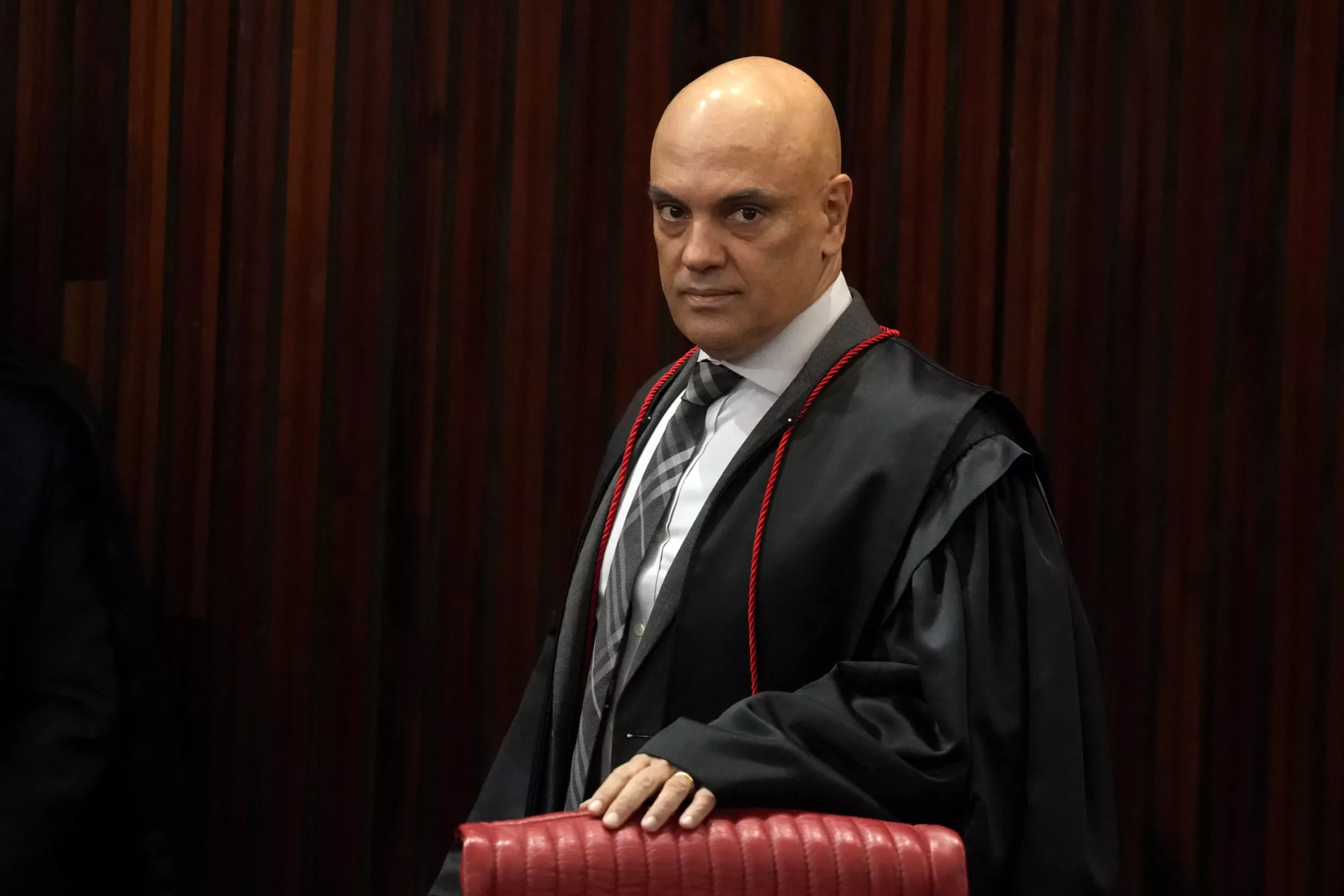The recent blocking of social media platform X in Brazil has caused a great divide among users and politicians regarding the legitimacy of the ban. This move has left many Brazilians struggling to navigate other social media platforms in the absence of X. The shutdown of Elon Musk’s platform came after the billionaire refused to name a legal representative to the country, leading to its inaccessibility on both web and mobile apps. This action was in response to a deadline imposed by Supreme Court Justice Alexandre de Moraes, marking an escalation in a feud over free speech, far-right accounts, and misinformation.
Many Brazilian users expressed their frustrations with the ban, stating that they felt disconnected from the world without access to X. The absence of the platform has led users to explore alternatives such as the text-based app Threads developed by Instagram. Some users highlighted the challenges of transitioning to new platforms, while others welcomed Brazilians to their communities, emphasizing a friendlier environment compared to X.
Brazilian users are known for adapting to new social media platforms, as seen in the past with the transition from Orkut to other sites. While X may not be as popular as other platforms like Facebook, Instagram, YouTube, or TikTok, it remains a crucial space for political debates, influence among opinion makers, and sharing of humorous content. The ban on X has not only impacted regular users but also celebrities and their fan bases who relied on the platform for engagement.
Justice Alexandre de Moraes announced that X will remain suspended until it complies with the court’s orders, imposing fines on individuals or companies using virtual private networks (VPNs) to bypass the ban. The Brazilian Bar Association questioned the grounds for these fines, calling for a review by the Supreme Court and emphasizing the importance of due process. Some legal experts viewed the decision as authoritarian, raising concerns about the enforcement of such penalties.
The social media ban has sparked political debates in Brazil, with lawmakers expressing varying opinions on the matter. While supporters of former President Jair Bolsonaro have criticized the ban as an attack on free speech, others, including President Luiz Inácio Lula da Silva, have backed Justice de Moraes’ decision. The ban has significant implications for international companies operating in Brazil, raising concerns about legal security and freedom of expression in the country.
Young Brazilians like Ana Júlia Alves de Oliveira rely heavily on social media platforms like X for news and information, highlighting the impact of the ban on their daily lives. Without access to the platform, many feel disconnected and out of touch with current events. This underscores the importance of social media in shaping the information consumption habits of the younger generation in Brazil.
The social media ban in Brazil has disrupted the online landscape, leading to debates over freedom of expression, legal enforcement, and political implications. The divide among users and politicians reflects broader societal tensions around governance, digital rights, and information dissemination. The ban serves as a reminder of the significant role that social media plays in shaping public discourse and individual experiences, highlighting the complexities of regulating online platforms in an increasingly interconnected world.


Leave a Reply